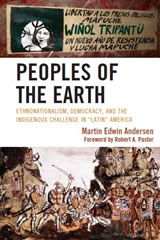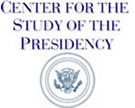SAN SALVADOR, EL SALVADOR — The conventional wisdom about Óscar Romero goes like this: When a right-wing death squad killed a priest friend of his soon after he became archbishop, Romero — until then a staunch conservative — experienced a dramatic, indeed life-changing, conversion.
The conventional wisdom is gravely mistaken.
Romero himself rejected it, as did those who knew him best. Abundant evidence exists, but for me the clincher is a story told by Paul Schindler, a Cleveland priest who worked in El Salvador before and during Romero's years as archbishop of San Salvador. Schindler was pastor of the parish where Ursuline Sr. Dorothy Kazel and Jean Donovan — two of the four U.S. churchwomen raped and murdered in 1980 by government troops — lived and worked. I told his story in ReVista: Harvard Review of Latin America (Spring 2016):
Fr. Paul Schindler remembers the day when Óscar Romero sat beside him, trembling. Romero knew he wasn't among friends. The scene was a clergy meeting in early 1977, and many of the priests were furious: a man they'd clashed with — Romero — had just been named as the new archbishop.
As the meeting was ending, Romero — who hadn't yet been installed — was asked if he'd like to say a few words. For all Schindler knew, they would be the last words he'd ever hear from him. Discouraged at the prospect of working under [Romero] ... Schindler had told his bishop back in Cleveland that he'd decided to return home after eight years of parish work in El Salvador.
"He walked to the front of the room and began to speak," said Schindler, "and after a half hour, I said to myself, 'I'm not going anywhere.' "
Having packed his bags, Schindler decided to unpack them and continue working in El Salvador after hearing Romero. This was before Romero took office as archbishop, and before the slaying of Romero's priest friend, Jesuit Fr. Rutilio Grande.
What had happened? Unbeknownst to Schindler — and to many others — Romero had changed during an extended stay, in the mid-'70s, far from the capital city. In the early '70s, as an auxiliary bishop in San Salvador, he was seen as highly conservative; that was the period when he drew the ire of the priests who were so upset by the news of his appointment as archbishop. But in 1974, he was named bishop of the rural diocese of Santiago de María. There, he drew close to farmworkers and catechists who were targeted by the military. What he saw led him to a major shift in outlook.




